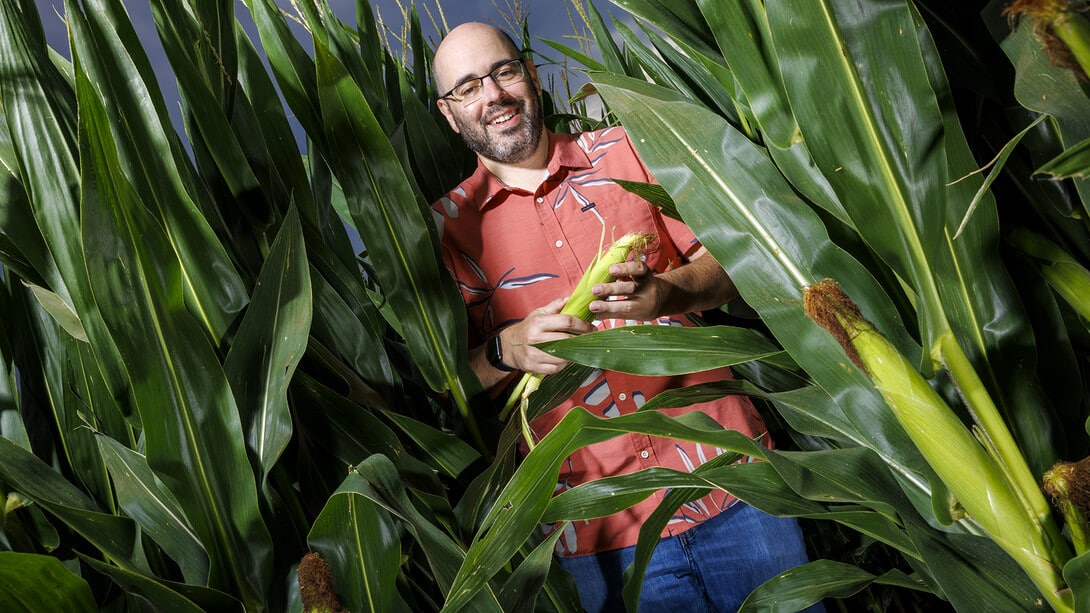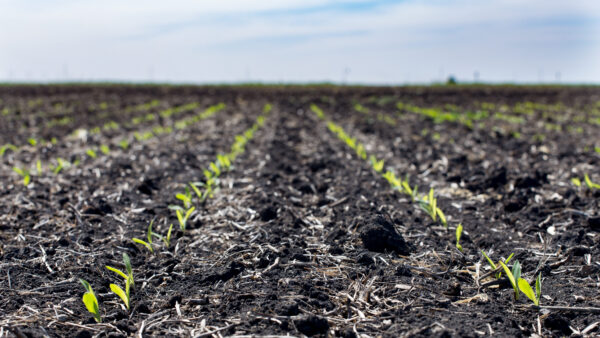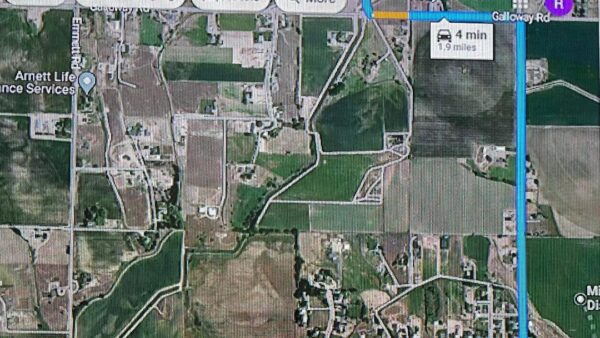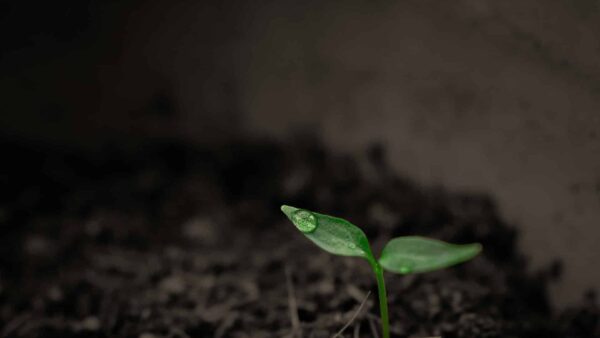Easily transmitted and quick to adapt, viroids are major seed phytosanitary issue.
On the front lines of viroid detection, Pleasant Grove based California Seed and Plant (CSP) Laboratories provides high quality pathological and genetic testing to the vegetable, seed, fruit tree, grapevine and strawberry industries via in-house testing services.
As a National Seed Health System (NSHS) accredited lab, CSP has developed a six pathogen panel test to detect the presence of potato spindle tuber viroid (PSTVd), columnea latent viroid (CLVd), pepper chat fruit viroid (PCFVd), tomato planta macho viroid (TPMVd), tomato chlorotic dwarf viroid (TCDVd), and tomato apical stunt viroid (TASVd); all harmful viroids in tomato and pepper seeds.
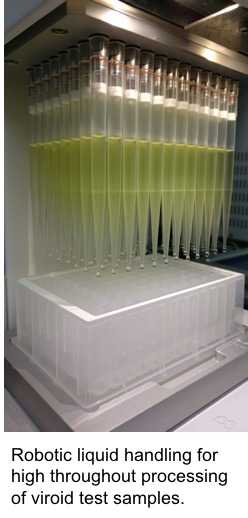
A parasite of the cell’s transcriptional machinery, viroids are circular pieces of ribonucleic acid (RNA) that attack part of the cell’s transcription process where Deoxyribonucleic acid (DNA) is transcribed to RNA, stimulating the replication of the viroid at the expense of the cell’s own RNA.
Viroids can be transmitted by mechanical touch, by humans, equipment, pollen and seeds, making the control and quarantine of suspected infections paramount. Once infected, healthy plants succumb and yields drastically decline.
Nilesh Maharaj, laboratory director for CSP, says that the ease of mechanical transmission of viroids from infected plants to healthy plants and seed transmission should be management considerations. Viroids also evolve at faster rates like viruses do, he says.
“They (viroids) are always adapting and replicating, just like any other virus, evolving quickly because of the selection pressure that they are constantly under. A typical viroid genotype is between 246 and 399 nucleotide bases long, a significantly shorter length than what we see in a viral genome, but that shorter length does pack a punch,” Maharaj says.
Because of the ease of transmission and damage to plants, seed companies throughout the world conduct diligent testing to ensure the seeds they sell are not infected.
“Major seed companies have their own internal labs and will test seeds before they are sold,” says Maharaj, “but if they lack the in-house capability, CSP will fill that gap, testing those seeds to provide that they are certified viroid free.”
Australia has strict import requirements for pepper and tomato seeds; testing and certification documentation must be provided.

CSP is one of two labs in the U.S. whose viroid test is accepted by the Australian authorities. CSP provides a 20,000 seed test with 400 seeds per subsample evaluated.
“The reason the Australian government will accept our protocol is because they came to California and audited our process. They saw what we were doing and felt secure with our process and procedures,” says Maharaj.
We are always developing new methods and in the case of our viroid test, we are using established primers, but there (with the use of primers) we looked at different ways we could extract the viroid from the seed. We did these things in-house and we got them right,” he says.
Currently, CSP’s PSTVd viroid protocol is under review by the National Seed Health System, and, if approved, the new protocol will be an accredited test and can be used in the issuance of phytosanitary certification.



